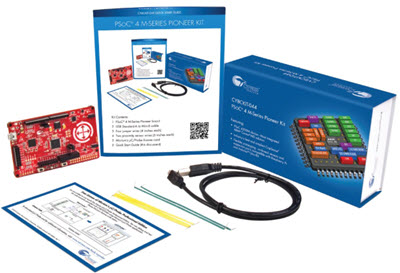
|
For novel ideas about building embedded systems (both hardware and firmware), join the 35,000 engineers who subscribe to The Embedded Muse, a free biweekly newsletter. The Muse has no hype and no vendor PR. Click here to subscribe.
|
Published 5/25/2001
Disclaimer: I write this from an American, or more precisely a Norteamericanos perspective. Having traveled to some 40 countries over the years I know how America's parochial views of ourselves infuriate many in other countries.
In early May HP announced 5000 layoffs from its US operations. The same week Lucent indicated they'd let 16,000 folks go, also in the States.
Both told the press they're adding thousands of jobs at their facilities in India. Lucent, in particular, will bolster their own Indian operations with more subcontracting to partners in that country. Oracle and Tektronix are both expanding their development centers there. Boom times, indeed, for this nation of a billion souls.
But that economy, too, is dependant on the forces that shape the US. Forecasts a year ago called for 55% growth; now projections look more like "only" 40 to 45%. Per year. If only job growth were so healthy here. If only the NASDAQ had a (positive) 40% growth!
India is currently the world's second largest software exporter, that industry having grown by a factor of nine since 1995. It's a nation of many highly educated engineers, bright people anxious to work for a wage substantially lower than those common in America and Western Europe.
Another Indian "export" are the engineers themselves, the beneficiaries of relaxed H-1B visas. The shortage - real or otherwise - of high tech workers in the USA over the last decade resulted in a surge of immigration quite unlike the unskilled waves who poured through Ellis Island so many years ago.
The world is changing. American technical hegemony is clearly a thing of the past, replaced in part by the incredible communications system we built. Now distance is irrelevant in a development project; widely dispersed teams might be an asset. When one group of engineers sleep another, taking advantage of time zone differences, work furiously on the first team's output. It's a sort of shift work that's much friendlier to family life than the 24/7 factory model.
The breakup of the USSR freed millions of brilliant engineers from defense work. They're waiting, now, ready to take on your outsourced project. For a fraction of American pay. With no Disabilities Act and few workplace standards overhead costs, too, are low. Other Eastern European countries also stand ready to provide engineering talent on the cheap.
What about China? With good schools - with many engineers studying in the US, of course - and an infinite sea of available people, China may be the next big source of developers. Whether or not you like their centralized economy and planning, this can be a very effective way to change the country's agrarian basis. Even a small, almost immeasurable, change means millions of new engineers.
It's easy for complacent American engineers to dismiss overseas competitors. We're in the land of innovation; we think that no other country is so creative. Yet our creativity - at least in software - is often rooted in our cowboy past. Just frantically build something, using no discipline, no methods, and see if it works! Take another look at India, friend. Most of the companies certified at Capability Maturity Model 5 (the highest level of software maturity) live there. Many argue that some of these certifications are more paper awards than meaningful, but the evidence suggests that the hard-nosed bean-counters, the ones sending the work overseas, disagree.
Though I'm sure it can be safely said that the United States revolutionized the world with our technology, from the cotton gin to the latest silicon marvel, the tables are turning. Will our knowledge-worker jobs join the blue-collar migration to countries just as able, and with much lower wages?
Perhaps our last unique expertise, the one at which we truly excel, is litigation. Will you encourage your kids to be techies. or lawyers?


